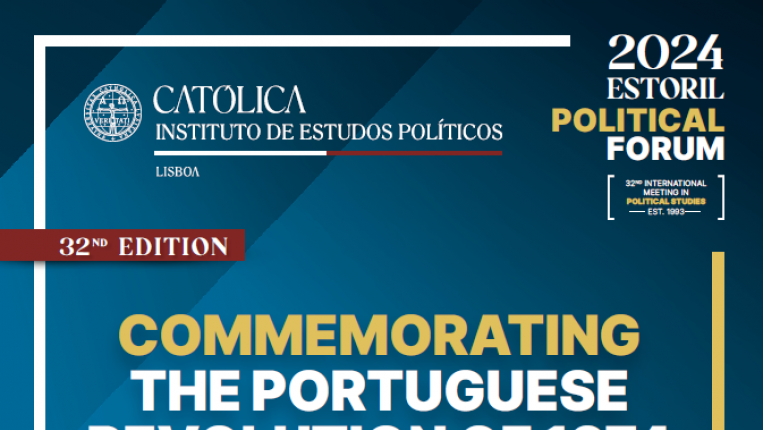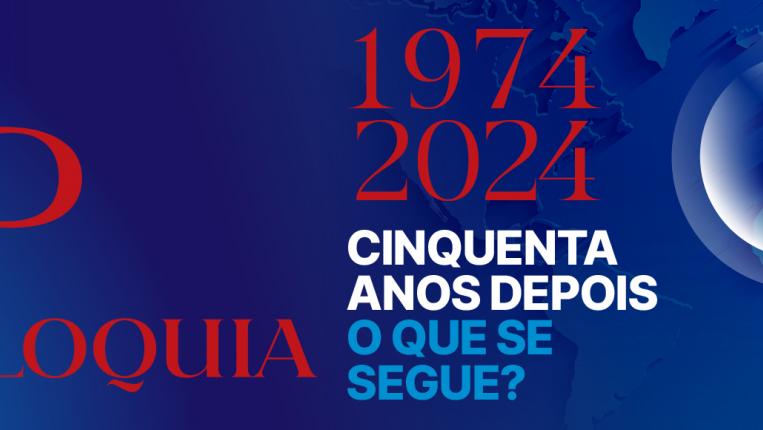This course aims at providing a synthetic but rigorous introduction to the main concepts of two interdisciplinary approaches that have been assuming a growing relevance in the analysis of governance themes: public choice theory and law & economics. For that purpose, the language used will be adapted to students with different academic backgrounds and will gather concepts from political science, economics and law in order to foster a multidisciplinary and integrated perspective on governance issues and on the operation of democratic regimes in a global setting. I) Origins of public choice theory II) Key concepts in public choice (social interdependence costs; government failure; voter’s rational ignorance; specificities of collective action; value and limits of theories of bureaucratic agency and behaviour; theory of clubs; interest groups in democracy; log-rolling; rent-seeking) III) Key concepts in law & economics (property rights; eminent domain; regulation and protection of contracts; economic analysis of crime; competition law and monopolies; constitutional political economy) IV) Applications to public administration, public management and governance issues
Democracy, Public Choice, Law and Economics
3 ECTS / Semester / English




